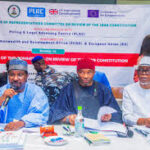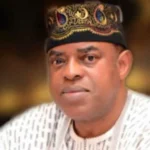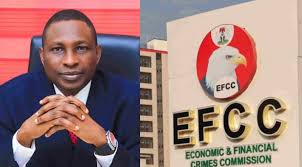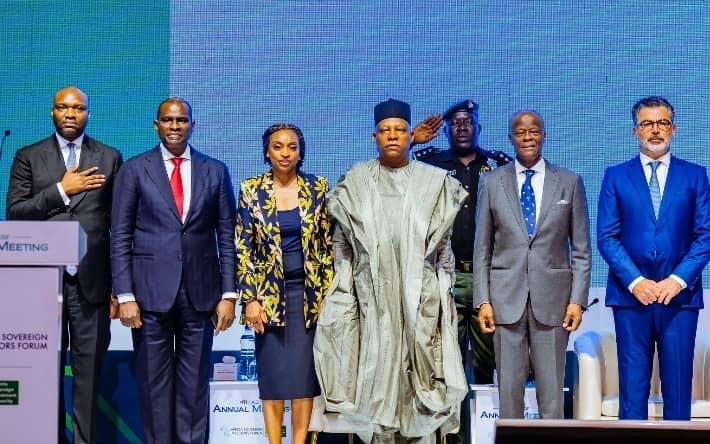EFCC seeks passage of Unexplained Wealth Bill
2025-07-10
By EricJames Ochigbo The Chairman, Economic and Financial Crimes Commission (EFCC) Mr Ola Olukayode, has urged the National Assembly to pass the Unexplained Wealth Bill pending since the 9th Assembly. Olukayode made the appeal at the ongoing National Conference on Public Accounts and Fiscal Governance, organised by the Senate andContinue Reading













